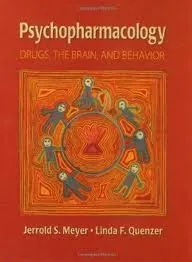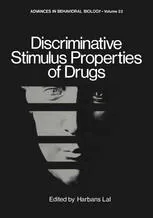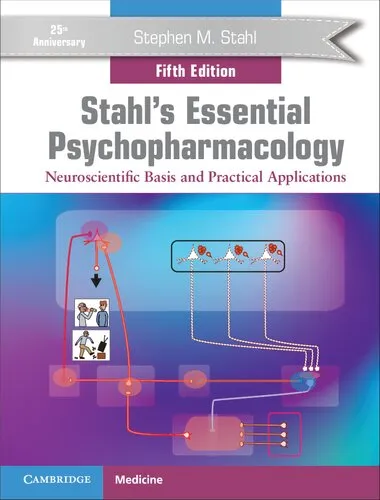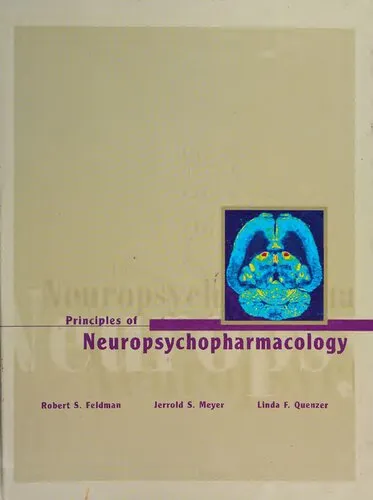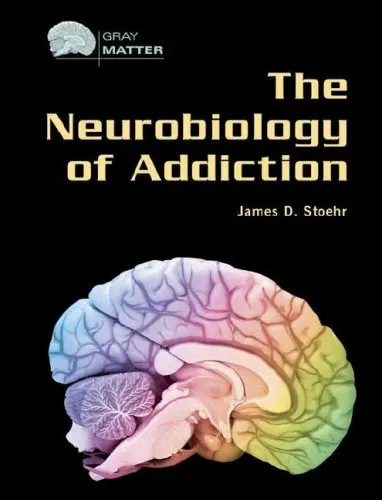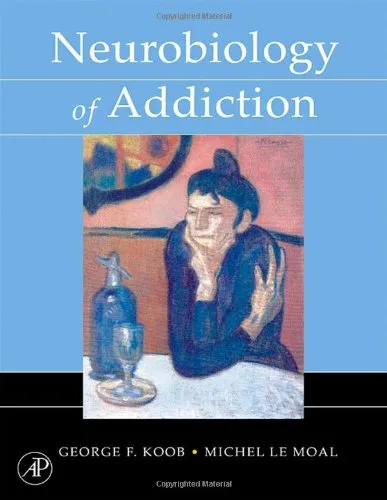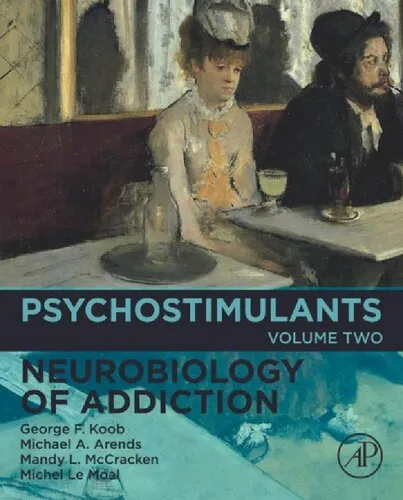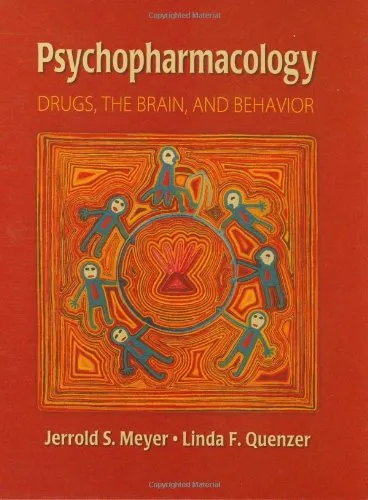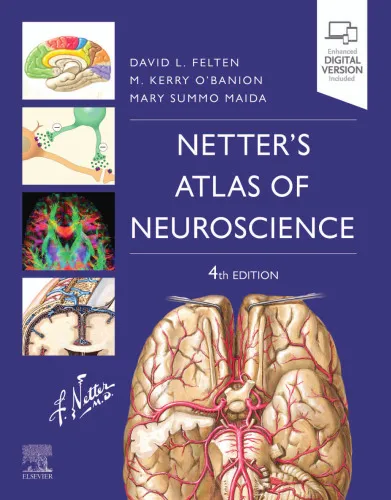Psychopharmacology: Drugs, the Brain and Behavior, 1st Edition
4.6
Reviews from our users

You Can Ask your questions from this book's AI after Login
Each download or ask from book AI costs 2 points. To earn more free points, please visit the Points Guide Page and complete some valuable actions.Related Refrences:
Introduction to Psychopharmacology: Drugs, the Brain and Behavior
Welcome to Psychopharmacology: Drugs, the Brain and Behavior, 1st Edition, a comprehensive exploration of the fascinating intersection of neuroscience, psychology, and pharmacology. This book is designed to illuminate the critical relationship between how drugs influence the brain and shape human behavior, presenting these interactions in an accessible yet scientifically rigorous manner. Whether you're a student delving into psychopharmacology for the first time or a seasoned researcher seeking a refresher, this book offers vital insights and practical knowledge that cater to a wide array of audiences.
Psychopharmacology lies at the heart of many modern-day challenges, from understanding mental illnesses and addiction to exploring therapeutic interventions for neuropsychiatric conditions. This book comprehensively covers the mechanisms of drug action, the brain's response to various pharmacological agents, and the behavioral manifestations of these interactions, making it an invaluable resource for comprehending this ever-evolving field.
Detailed Summary of the Book
This first edition explores psychopharmacology in a holistic manner, structured to guide readers through foundational concepts before diving into more complex topics. The book begins by outlining the basic principles of neuropharmacology, including receptor function, neurotransmitters, and the central nervous system's organization. From there, it delves into the pharmacokinetic and pharmacodynamic principles that underpin how drugs interact with the body and brain.
The bulk of the text is dedicated to individual drug classes and their effects on behavior and cognition. Chapters systematically cover stimulant and depressant drugs, hallucinogens, antipsychotics, antidepressants, anxiolytics, and mood stabilizers, amongst others. By integrating robust scientific research with real-world implications, the book helps readers understand both the benefits and potential risks of pharmacological interventions.
A distinct feature of the book is its attention to the social and ethical dimensions of psychopharmacology. Topics such as drug addiction, misuse of prescription medication, and ethical concerns in clinical pharmacology are thoughtfully discussed. Through its balanced approach, the book serves as an academic yet eminently practical guide.
Key Takeaways
- Comprehensive insights into the pharmacological mechanisms involved in drug action and behavior.
- In-depth coverage of various classes of drugs, their neural targets, and behavioral effects.
- Scientific analysis of psychotropic drugs used to manage mental health conditions, including their efficacy and limitations.
- Critical examination of drug dependency, addiction, and strategies for addressing substance abuse.
- Ethical considerations in psychopharmacology, from clinical trials to prescription practices.
Famous Quotes from the Book
"The interplay between drugs and the brain offers a unique lens through which to study the complexities of human behavior, both adaptive and maladaptive."
"Understanding drug action is not only a pursuit of science but also of compassion, as it forms the basis for alleviating human suffering."
"Drugs cannot be viewed as separate entities from the behavior they provoke; they are mirrors reflecting the brain's intricacies."
Why This Book Matters
In a world increasingly reliant on pharmacological solutions for mental health and behavior management, Psychopharmacology: Drugs, the Brain and Behavior is more relevant than ever. It equips readers with the tools to critically assess the role of drugs in society, empowering them to make informed decisions. Healthcare professionals, researchers, and policymakers can use this knowledge to navigate pressing challenges such as addiction, drug misuse, and ethical considerations in medicine and therapy.
Moreover, the book emphasizes the importance of bridging neuroscience, behavioral psychology, and pharmacology, fostering interdisciplinary collaboration in understanding and addressing mental health. By presenting cutting-edge research in an engaging and thoughtful manner, this book underscores the profound impact of psychopharmacology on both individual lives and society as a whole.
Free Direct Download
You Can Download this book after Login
Accessing books through legal platforms and public libraries not only supports the rights of authors and publishers but also contributes to the sustainability of reading culture. Before downloading, please take a moment to consider these options.
Find this book on other platforms:
WorldCat helps you find books in libraries worldwide.
See ratings, reviews, and discussions on Goodreads.
Find and buy rare or used books on AbeBooks.
1374
بازدید4.6
امتیاز0
نظر98%
رضایتReviews:
4.6
Based on 0 users review
Questions & Answers
Ask questions about this book or help others by answering
No questions yet. Be the first to ask!
